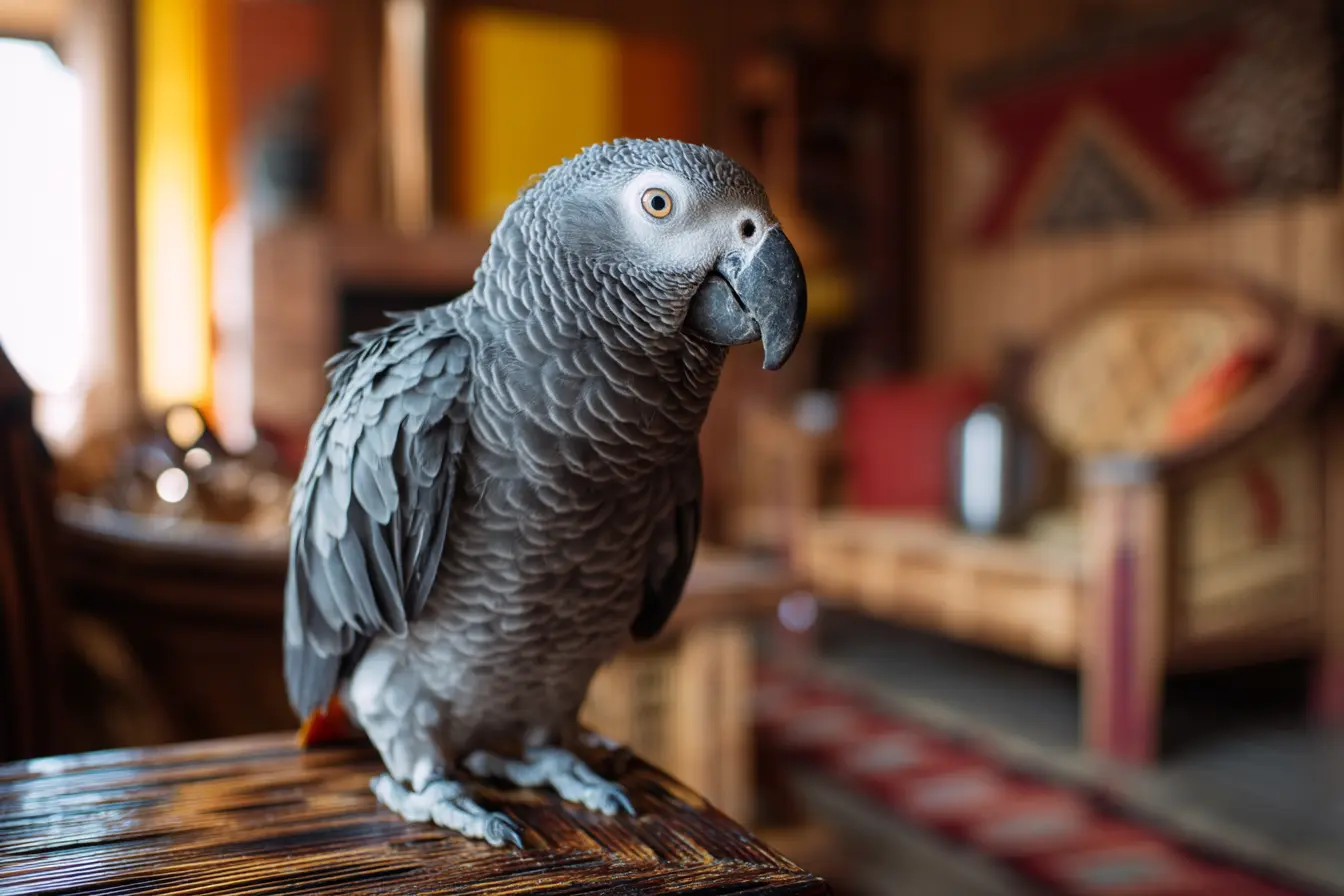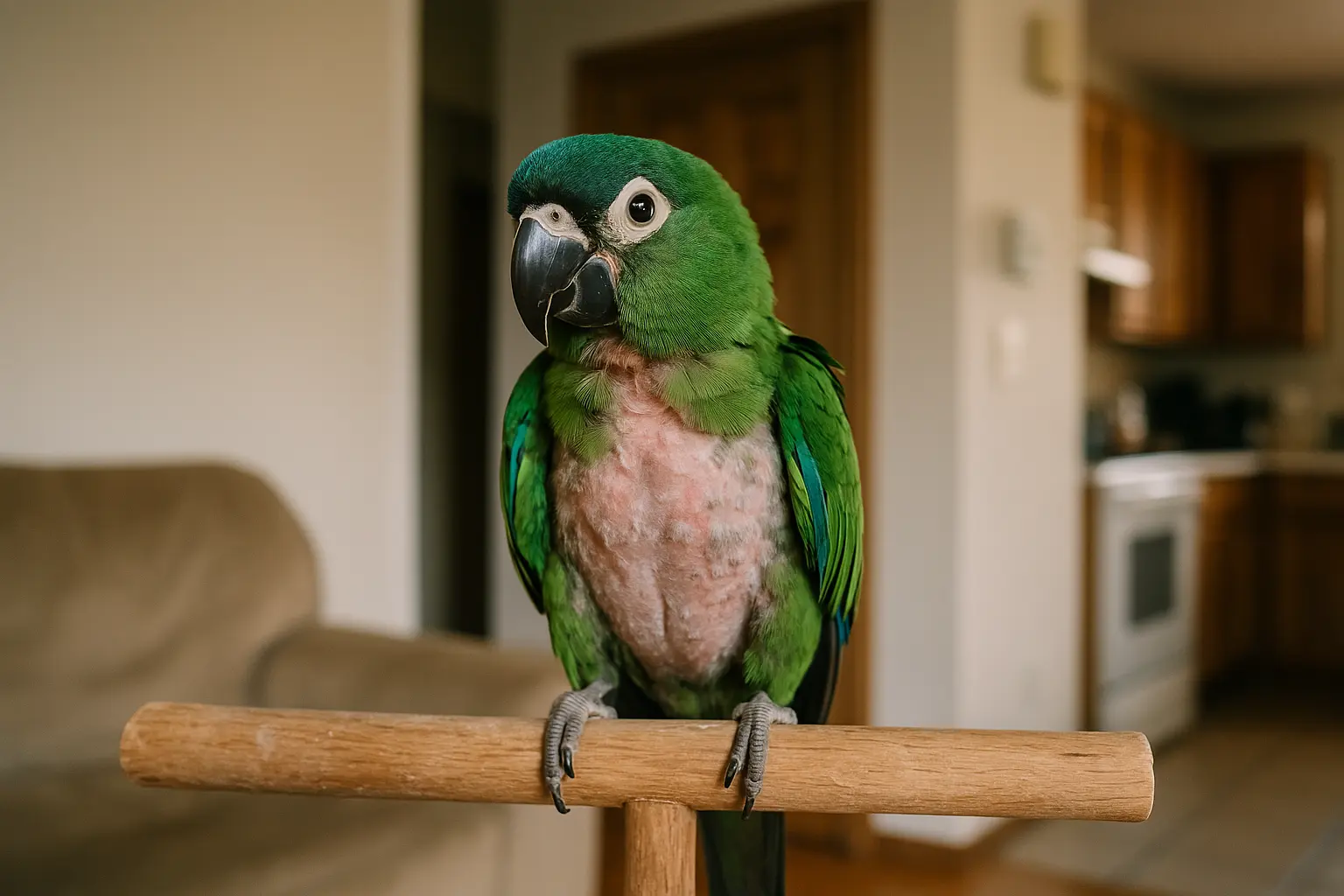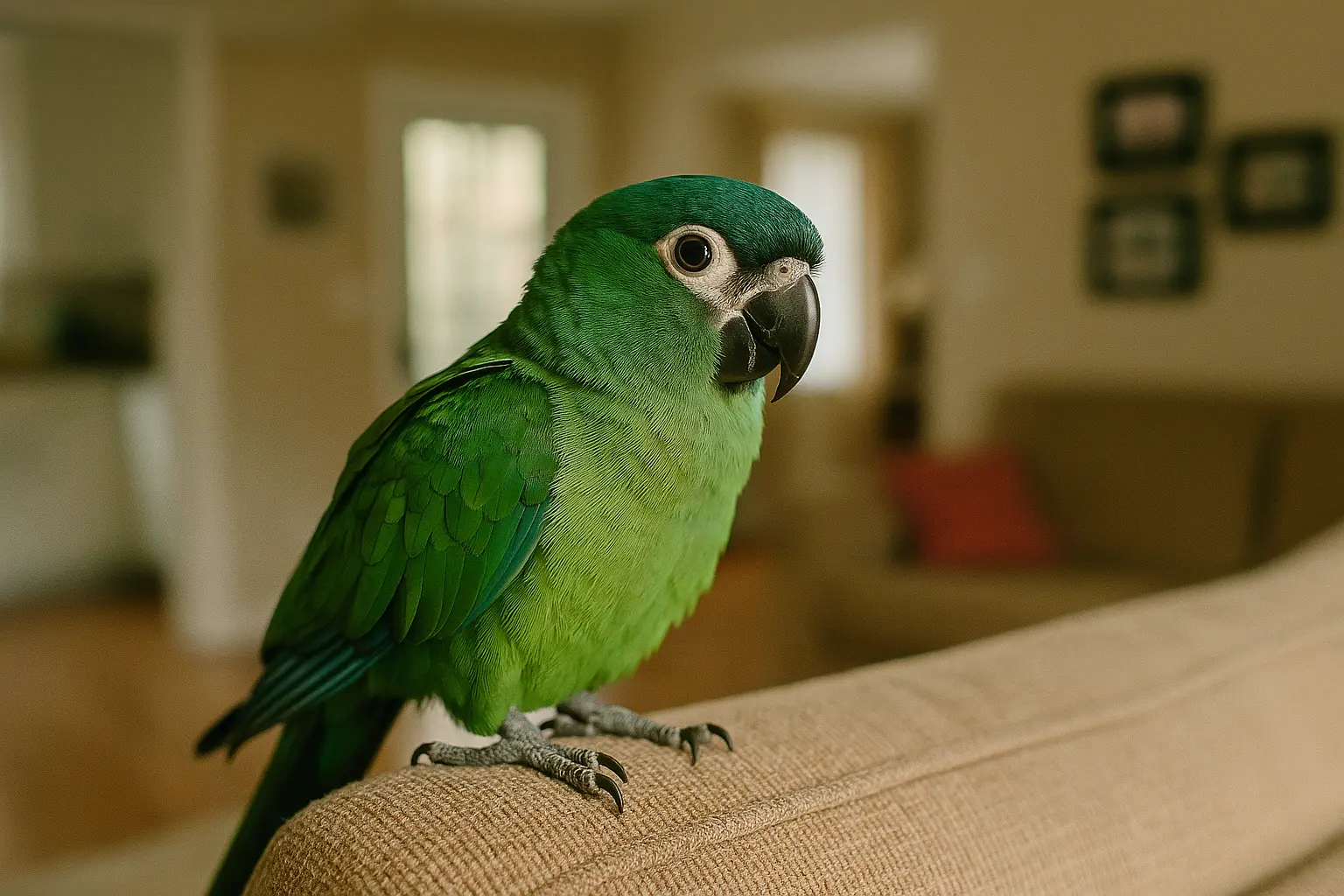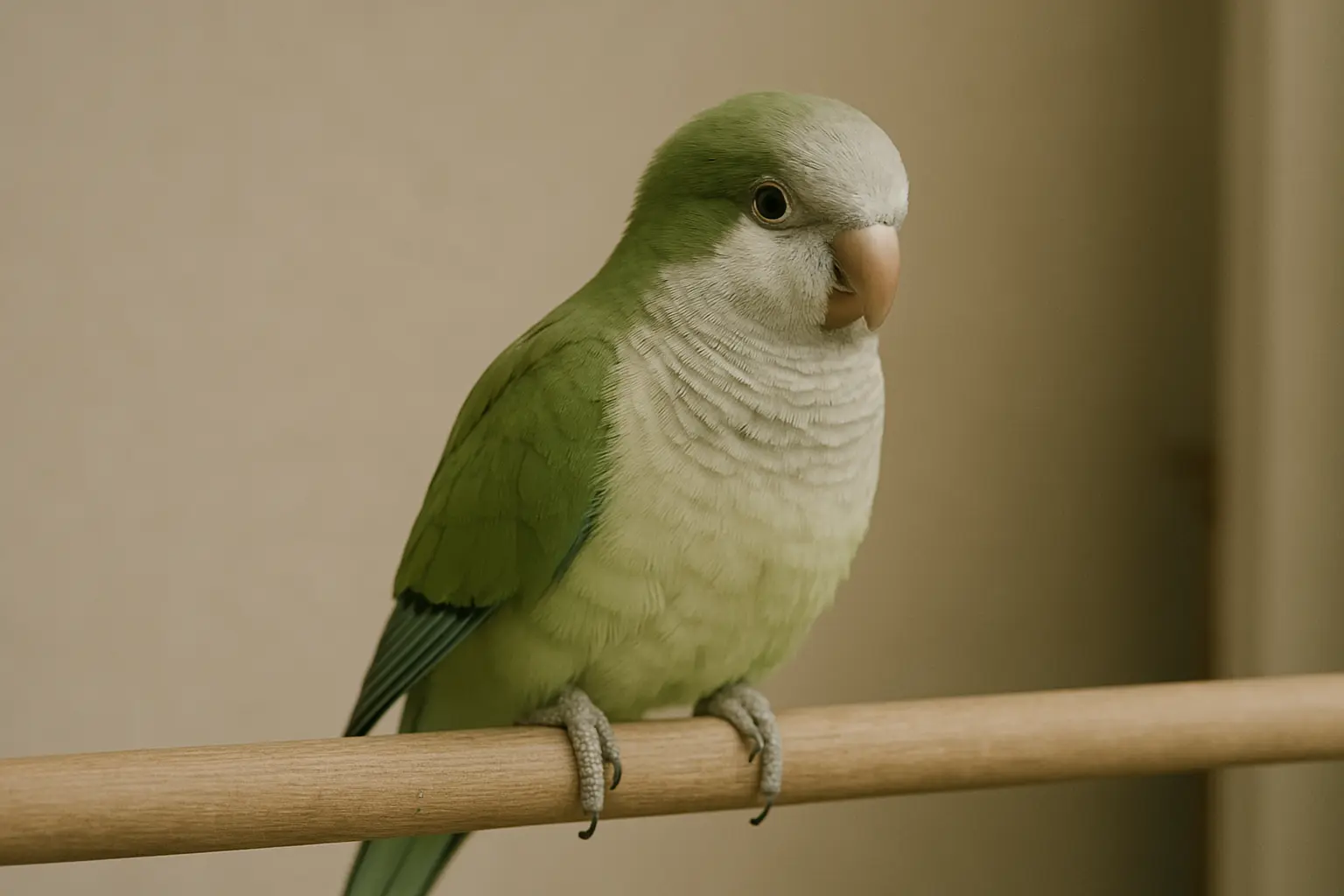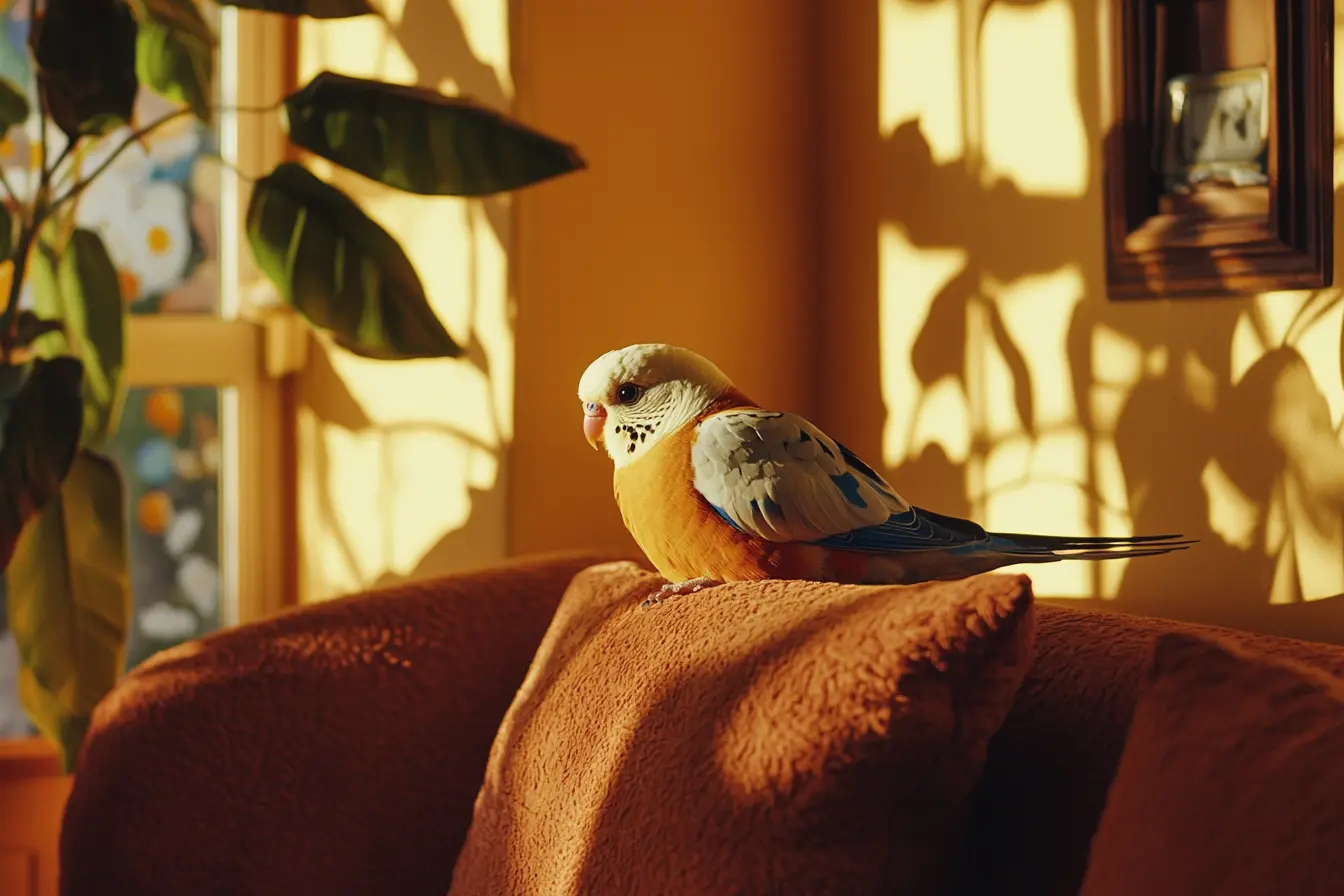
Avian Influenza in the UK: What Bird Owners Need to Know
Avian influenza, also known as bird flu, is a serious and potentially deadly disease affecting birds across the UK. Whether you keep pet birds, backyard poultry, or run a smallholding, staying informed is essential for protecting your animals and preventing the spread of infection.
In this blog post, we’ll cover everything you need to know as a bird owner – from understanding the disease and spotting the symptoms, to current restrictions and how to protect your flock.
What is Avian Influenza?
Avian influenza is an infectious viral disease of birds, caused by strains of the influenza virus. It can affect both wild and domestic birds. There are two main types of the disease:
- Highly Pathogenic Avian Influenza (HPAI): Causes severe illness and high mortality in birds.
- Low Pathogenic Avian Influenza (LPAI): Causes milder symptoms and may go unnoticed, but can still mutate into more dangerous forms.
The virus is spread through direct contact with infected birds (live or dead), their droppings, or contaminated equipment and feed.
Current Status in the UK
As of April 2025, the UK continues to see sporadic outbreaks of HPAI, particularly during the autumn and winter months when migratory birds arrive. The Department for Environment, Food & Rural Affairs (DEFRA) frequently updates the Avian Influenza Prevention Zone (AIPZ) and issues disease control zones around affected areas.
Always check the latest government guidance via GOV.UK or the Animal and Plant Health Agency (APHA) before moving birds or changing biosecurity measures.
Symptoms to Watch For
It’s vital to monitor your birds daily and be alert to signs of avian influenza. Symptoms include:
- Sudden death without signs
- Swollen head, blue discolouration of comb and wattles
- Drooping wings or paralysis
- Trembling or incoordination
- Loss of appetite or energy
- Diarrhoea
- Respiratory issues (sneezing, coughing, nasal discharge)
If in doubt, contact your vet immediately. Early reporting can prevent further spread.
Legal Obligations for Bird Owners
All bird owners – from pet bird keepers to poultry farmers – must adhere to biosecurity measures, especially when an AIPZ is in force.
Key responsibilities include:
- Registering flocks: If you keep more than 50 poultry birds, you must register with APHA. Pet bird and backyard keepers are encouraged to register voluntarily.
- Reporting suspicion: It is a legal requirement to report any suspicion of avian flu to DEFRA (03000 200 301 in England).
- Following restrictions: In disease control zones, there may be rules on bird movement, housing orders, and use of outdoor runs.
Biosecurity: How to Protect Your Birds
Biosecurity is your first line of defence against avian influenza. Even if your birds appear healthy, strict hygiene is essential. Here are practical steps:
For All Bird Keepers:
- Keep birds away from wild birds: Use netting, covered runs, and avoid feeding near open ponds or wild bird feeding areas.
- Disinfect regularly: Clean footwear, tools, and housing frequently with DEFRA-approved disinfectants.
- Control access: Limit visitors and create a foot dip for anyone entering bird areas.
- Store feed safely: Prevent contamination from rodents and wild birds.
- Avoid bringing in new birds during outbreaks.
For Poultry Keepers:
- Implement a lockdown if required: Comply with housing orders during high-risk periods.
- Separate species: Waterfowl (ducks, geese) may carry the virus without symptoms; house them separately from chickens and other birds.
Can Humans Catch Avian Flu?
The risk to humans from avian influenza is very low. However, some strains have infected people in rare cases, usually through very close contact with infected birds.
Basic precautions include:
- Wearing gloves and masks when handling birds
- Avoiding contact with sick or dead wild birds
- Not touching bird droppings with bare hands
Do not touch or move any dead wild birds yourself. Report them to DEFRA or local authorities.
What to Do if You Suspect Avian Flu
- Isolate your birds immediately.
- Contact DEFRA: 03000 200 301 (England), 03003 038 268 (Wales), 03000 6000 73 (Scotland).
- Do not move any birds or equipment until advised.
- Follow all instructions from the APHA or your local Animal Health Office.
Stay Updated
- Subscribe to DEFRA alerts
- Follow local council announcements
- Join poultry or bird-keeping forums and associations
Final Thoughts
Avian influenza is a real and growing concern in the UK. But with vigilance, good hygiene, and adherence to official guidelines, bird owners can play a vital role in limiting its impact. Protecting your birds starts with staying informed and prepared.
If you’re unsure about anything, always consult your vet or local animal health authority.
Useful Links:
Stay safe, and take care of your birds!
Vets near you
Speciality vets
- Aquatics vet specialists
- Birds vet specialists
- Camelids vet specialists
- Cats vet specialists
- Cattle vet specialists
- Deer vet specialists
- Dogs vet specialists
- Equines vet specialists
- Exotic vet specialists
- Goats vet specialists
- Pigs vet specialists
- Poultry vet specialists
- Sheep vet specialists
- Small Mammals vet specialists
- Wild vet specialists
Vet facilities
- Accessible by public transport
- Blood testing
- Car park nearby
- Client car park
- Dentistry
- Diagnostic imaging
- Disabled public access
- Flea and worm treatments
- Microchipping
- Mobile services
- Neutering
- Open at weekends
- Out-of-hours service
- Referral interests
- Referrals only
- Street parking outside
- Toilets available
- Vaccinations
